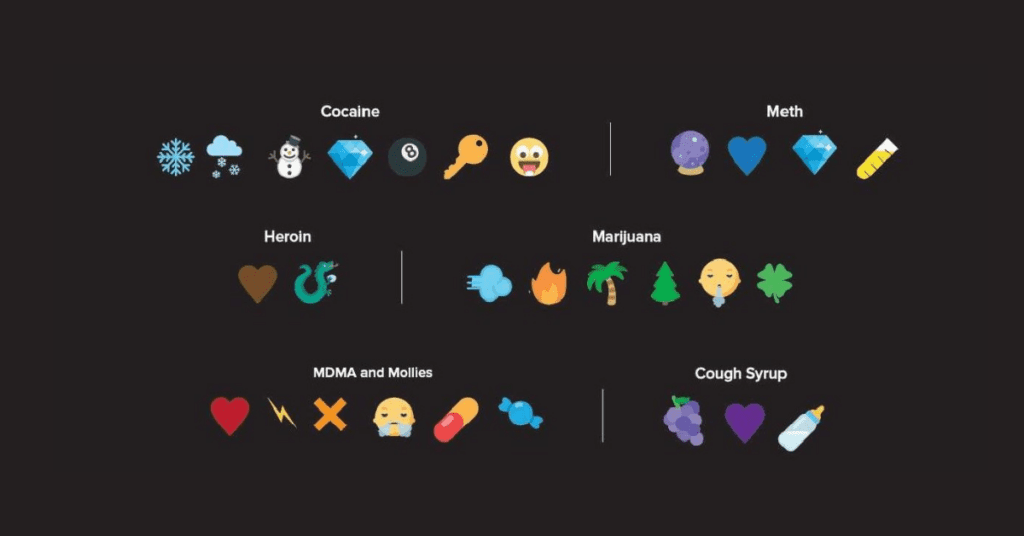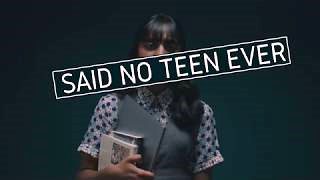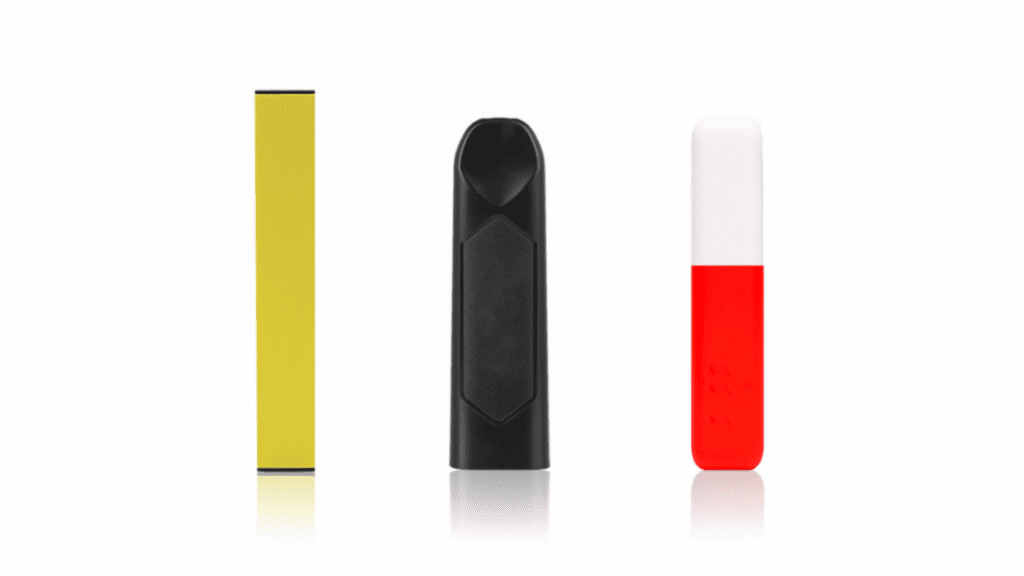Signs & Symptoms
-

Preventing an Opioid Overdose
Know the signs. Save a life. Source: Centers for Disease Control and Prevention
-

How to Tell if Your Child is Drinking Alcohol or Using Other Drugs
Although the following signs may indicate that your child has a problem with alcohol or other drugs, some may also reflect normal growing pains. Source: Substance Abuse and Mental Health Services Administration
-

Talk to Kids About the Risks of Vaping
Many teens vape on a regular basis, and most choose flavored e-cigarettes. Many kids think vaping is harmless, but it can have serious health consequences. Given the right tools and information, parents, educators, and other influential adults can make a profound difference in the lives of their children and students by sharing the facts and
-

Emoji Drug Code Decoded
Emojis were originally designed to represent an emotion, event, or activity, but some have recently taken on a language of their own. Source: One Pill Can Kill campaign, U.S. Drug Enforcement Administration
-

The Teen Brain: 7 Things to Know
Did you know that big and important changes happen in the brain duringadolescence? Here are seven things to know about the teen brain. Source: National Institute of Mental Health
-

Reporting Suicidal Comments Made on Social Media
Sometimes on social media, we may come across a comment or post someone has made about the possibility of suicide. Whether it is made by a loved one, friend, or a complete stranger, it is important to take it seriously. Source: Helpline Center
-

What Educators Can Do to Help Prevent Underage Drinking and Other Drug Use
School staff members can play a powerful role in the prevention of underage drinkingand drug use among their students. Together, educators and families can work to sendstrong and consistent messages to students about the use of alcohol and other drugs.
-

Addiction: Said No Teen Ever PSA Video
When a young person is struggling with substance use, it’s up to us to notice. Source: National Council for Mental Wellbeing
-

Learn to Recognize Stealth E-Cigarette Products
You probably know that an e-cigarette (also called a vape) is a battery-powered device that heats a liquid nicotine mixture into an aerosol that the user inhales. Several of the e-cigarettes most popular with youth resemble USB flash drives and can be relatively odorless. But did you know that teens may also be using stealth